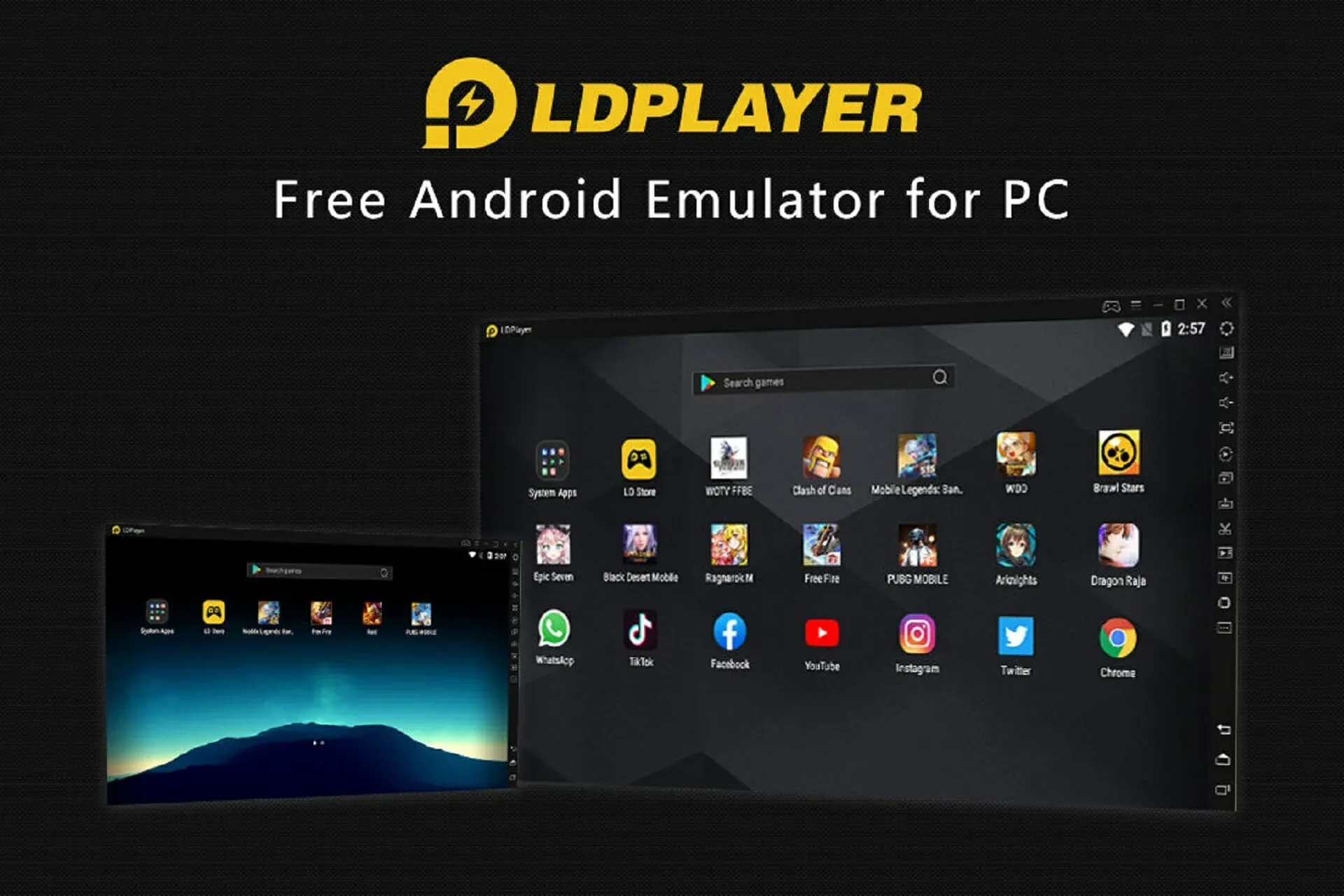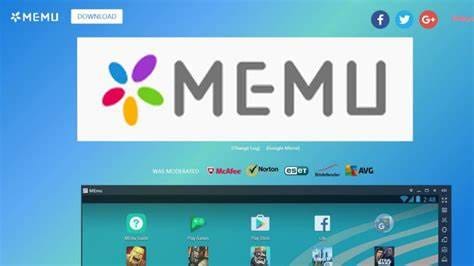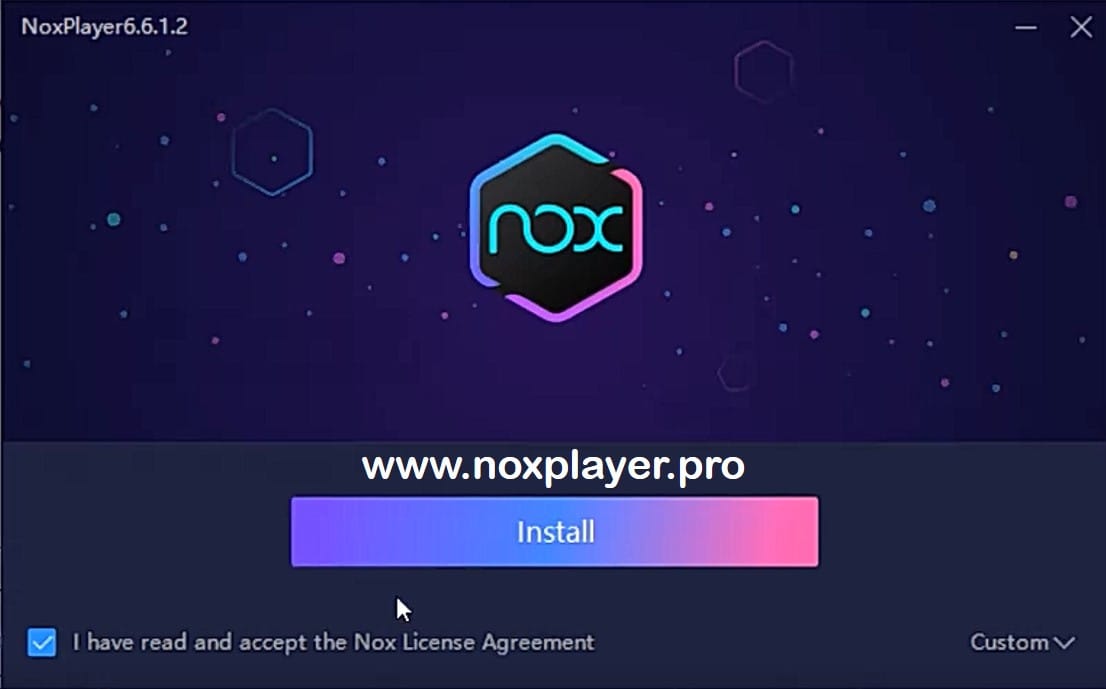4 min to read
App Emulators for PC
App emulators for PC have garnered significant traction within both consumer and developer spheres, facilitating the execution of mobile applications on desktop environments. This comprehensive analysis explores the theoretical underpinnings, functional classifications, and practical applications of emulation technologies, culminating in an evaluation of leading contemporary solutions. Conceptual Foundations of App Emulation App emulators operate as software-based virtual machines, replicati
App emulators for PC have garnered significant traction within both consumer and developer spheres, facilitating the execution of mobile applications on desktop environments.
This comprehensive analysis explores the theoretical underpinnings, functional classifications, and practical applications of emulation technologies, culminating in an evaluation of leading contemporary solutions.
Conceptual Foundations of App Emulation
App emulators operate as software-based virtual machines, replicating the architecture and runtime environment of a secondary device or operating system.
In the context of mobile-to-PC emulation, these systems primarily simulate Android’s ecosystem, thereby affording users enhanced computational performance, expanded display dimensions, and superior input control mechanisms.
Advantages of App Emulation
- Optimized Computational Efficiency for Gaming: By leveraging the superior processing capabilities of desktop-grade hardware, emulators mitigate latency, facilitate high-refresh-rate rendering, and enable customizable control mapping for input devices such as keyboards and mice.
- Augmented Productivity Through Multi-Instance Execution: The concurrent instantiation of multiple applications within an emulated environment fosters operational efficiency, particularly in domains requiring extensive multitasking.
- Streamlined Application Development and Testing: Emulation provides developers with a controlled testing framework for app performance across disparate Android iterations without necessitating extensive physical hardware.
- Accessibility and User Experience Enhancement: The transition from mobile to PC facilitates ergonomic interaction through larger visual interfaces and adaptive input methodologies.
Classification of App Emulators
Emulators may be dichotomized based on their structural and operational paradigms:
- Virtual Machine-Based Emulators: These operate by establishing a contained Android runtime within the host system, exemplified by BlueStacks, LDPlayer, and NoxPlayer.
- Native OS Integration Emulators: These necessitate the installation of Android as a bootable operating system, with PrimeOS serving as a prime exemplar of this approach.
Leading App Emulators for PC
1. BlueStacks

- Overview: One of the most prevalent emulation platforms, optimized for gaming and general app execution.
- Key Features: Multi-instance support, hardware acceleration, and advanced graphics rendering.
- Advantages: Robust application compatibility and user-friendly interface.
- Limitations: Significant resource consumption may impact performance on lower-end systems.
2. LDPlayer

- Overview: A lightweight emulator optimized for gaming.
- Key Features: Customizable settings for graphics optimization and low-latency execution.
- Advantages: High-performance efficiency and continual updates.
- Limitations: Exclusive availability for Windows platforms.
3. MEmu Play

- Overview: An emulator designed for both gaming and productivity.
- Key Features: Multi-instance capability and compatibility with multiple Android versions.
- Advantages: Stability and extensive configurability.
- Limitations: Absence of macOS support.
4. NoxPlayer

- Overview: A stable, multi-functional emulator compatible with modern Android distributions.
- Key Features: Custom key mapping and multi-instance execution.
- Advantages: Availability for both Windows and macOS.
- Limitations: Beta versions may exhibit instability.
5. PrimeOS

- Overview: A distinct solution that installs Android as a primary or secondary OS.
- Key Features: Native keyboard and gamepad support, script recording.
- Advantages: Optimal for gaming and productivity workflows.
- Limitations: Complex installation necessitates partitioning of storage drives.
Practical Implementations: Coding Applications in Emulated Environments
App emulators are frequently utilized in software development for deployment, testing, and debugging. The following examples illustrate practical implementations:
1. Activating an Android Emulator via ADB (Android Debug Bridge)
# Enumerate connected devices
adb devices
# Launch a specified emulator instance
adb emu avd start <emulator_name>
2. Deploying Applications Using Android Studio’s Integrated Emulator
# Compile the application
./gradlew assembleDebug
# Install the APK on the emulator
adb install app-debug.apk
3. Automated UI Testing via Espresso
@RunWith(AndroidJUnit4.class)
public class ExampleInstrumentedTest {
@Test
public void validateAppContext() {
Context appContext = InstrumentationRegistry.getInstrumentation().getTargetContext();
assertEquals("com.example.myapp", appContext.getPackageName());
}
}
4. Executing Cross-Platform Development with Flutter in an Emulated Environment
# Initiate an emulator and deploy a Flutter application
flutter emulators --launch <emulator_name>
flutter run
Selection Criteria for App Emulators
- Functional Objectives: The selection of an emulator should align with the intended use case, whether for gaming, application development, or general productivity.
- Hardware Constraints: Performance efficiency varies; lightweight emulators such as LDPlayer are preferable for systems with limited processing power.
- Platform Compatibility: For macOS users, options such as NoxPlayer provide cross-platform support.
- Feature-Specific Requirements: Essential functionalities such as multi-instance execution, developer tools, and input customization should be evaluated.
Installation and Configuration
- Acquisition: Secure the installation package from the official distributor.
- Deployment: Execute the installer and adhere to the setup protocols.
- Configuration: Authenticate via Google credentials to access the Play Store and install requisite applications.
Common Challenges and Mitigation Strategies
- Performance Bottlenecks: Optimization techniques include memory allocation adjustments and the deactivation of redundant background processes.
- Application Incompatibility: Solutions involve updating the emulator or modifying its Android runtime version.
- Stability Concerns: Frequent updates to both the emulator and host system drivers mitigate instability.
Future Trajectories in App Emulation
Continual advancements in hardware acceleration, machine learning integration, and real-time resource allocation are poised to enhance emulator efficiency, app compatibility, and system performance.
The intersection of AI-driven optimizations with emulation technologies is likely to drive future innovations in this domain.
Conclusion
The integration of app emulation within both consumer and developer landscapes underscores its significance as a technological enabler. Whether employed for gaming, software development, or productivity, app emulators facilitate seamless cross-platform interoperability.
As advancements in hardware and software continue, the efficacy of these tools is expected to expand, reinforcing their utility in diverse computational contexts.
🚀 Try Codersera Free for 7 Days
Connect with top remote developers instantly. No commitment, no risk.
Tags
Trending Blogs
Discover our most popular articles and guides
10 Best Emulators Without VT and Graphics Card: A Complete Guide for Low-End PCs
Running Android emulators on low-end PCs—especially those without Virtualization Technology (VT) or a dedicated graphics card—can be a challenge. Many popular emulators rely on hardware acceleration and virtualization to deliver smooth performance.
Android Emulator Online Browser Free
The demand for Android emulation has soared as users and developers seek flexible ways to run Android apps and games without a physical device. Online Android emulators, accessible directly through a web browser.
Free iPhone Emulators Online: A Comprehensive Guide
Discover the best free iPhone emulators that work online without downloads. Test iOS apps and games directly in your browser.
10 Best Android Emulators for PC Without Virtualization Technology (VT)
Top Android emulators optimized for gaming performance. Run mobile games smoothly on PC with these powerful emulators.
Gemma 3 vs Qwen 3: In-Depth Comparison of Two Leading Open-Source LLMs
The rapid evolution of large language models (LLMs) has brought forth a new generation of open-source AI models that are more powerful, efficient, and versatile than ever.
ApkOnline: The Android Online Emulator
ApkOnline is a cloud-based Android emulator that allows users to run Android apps and APK files directly from their web browsers, eliminating the need for physical devices or complex software installations.
Best Free Online Android Emulators
Choosing the right Android emulator can transform your experience—whether you're a gamer, developer, or just want to run your favorite mobile apps on a bigger screen.
Gemma 3 vs Qwen 3: In-Depth Comparison of Two Leading Open-Source LLMs
The rapid evolution of large language models (LLMs) has brought forth a new generation of open-source AI models that are more powerful, efficient, and versatile than ever.